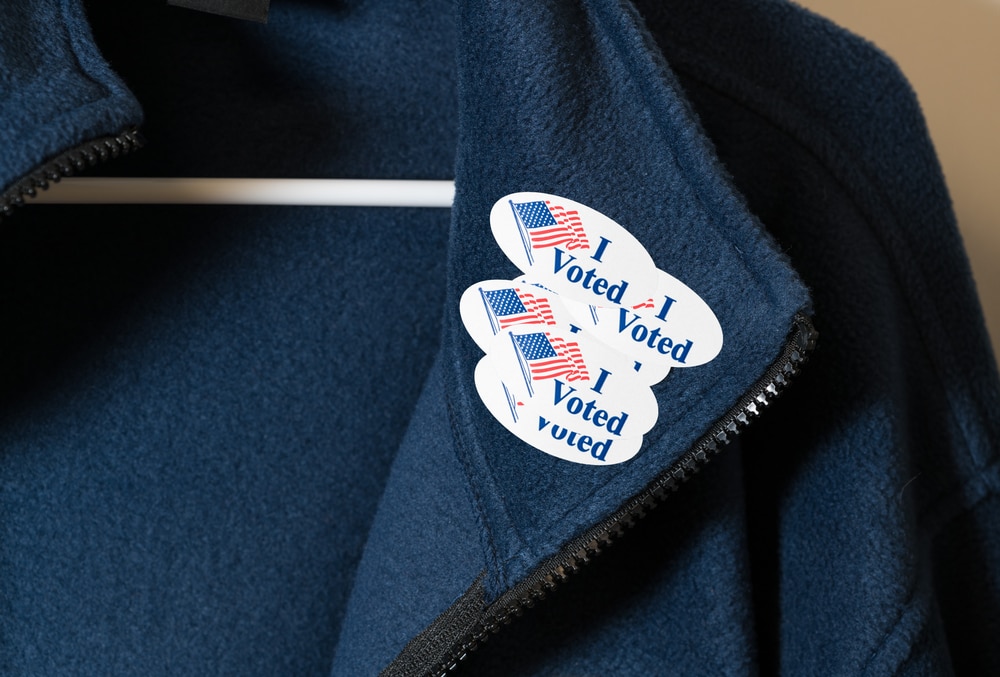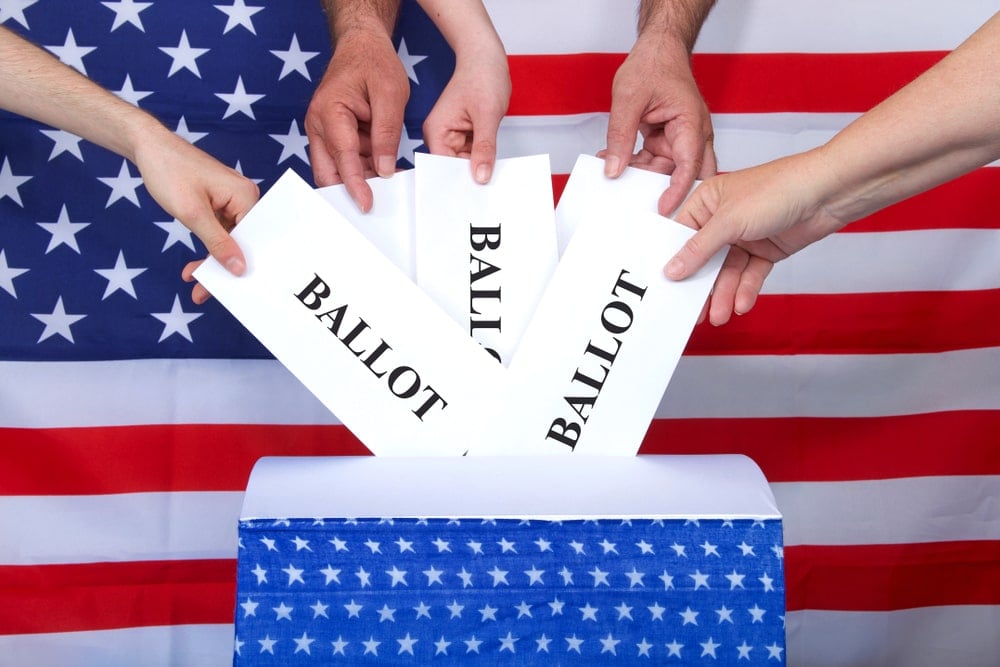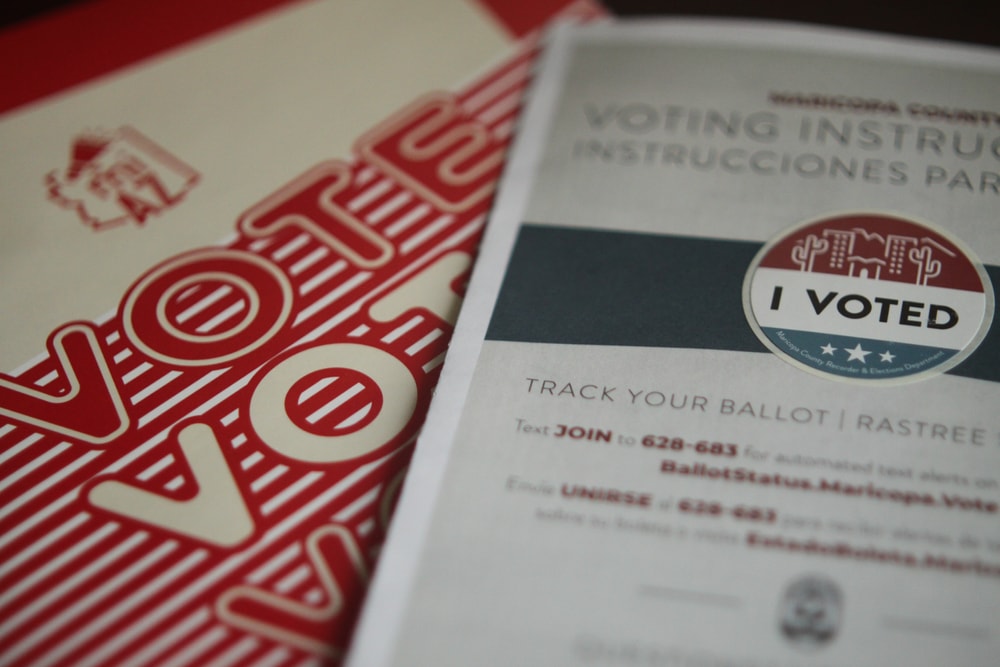COMMENTARY: Move to subvert the Electoral College is bad for Nevada
Since 2006, something called the “National Popular Vote Interstate Compact,” has been making its way through state legislatures across the nation in an effort to upend the Electoral College.
The movement hopes to undermine the Electoral College system, which has worked to build broad coalitions and give a voice to less populous states, including Nevada.
The compact doesn’t replace the Electoral College through a constitutional amendment. Instead, member states choose who they think won the most votes nationally. Those states then give away their presidential electors to that candidate, even if their own state’s voters went for someone else. This would disenfranchise a state’s voters by ignoring their preferred presidential candidate.
Shockingly, the peculiar concept has already passed in 15 states and Washington, D.C. The compact takes effect if states with a combined 270 or more electoral votes ratify the idea.
Nevada could be next. The Assembly recently passed the plan, and it now goes to the Senate.
A mix of pleasant-sounding rhetoric and lies — like the compact “makes every vote equal” — is causing the scheme to gain support. In fact, the book published by the organization behind the proposal is dishonestly titled “Every Vote Equal.”
However, if Nevada’s state senators take a closer look at how compact actually works, they’ll find an embarrassing flaw: The compact doesn’t necessarily count every vote when determining the winner. Instead, only votes cast in elections run by the compact’s rules will be counted.
For example, legislation considered in Arizona two years ago would have tweaked the compact’s winner-take-all system. Instead, voters would choose electors by congressional district, similar to how Maine and Nebraska allocate their electors. The state legislature would then pick the final two electors.
If this bill had passed, Arizona would not have a “statewide popular election” as the compact defines it. The result? The compact would exclude Arizona’s 3 million votes from the national vote count resulting in Arizona’s voters losing their voice.
Supporters of the compact are apparently so embarrassed by this that they deceptively edited a description of the Arizona bill in documents submitted to the Nevada Assembly. That edited description eliminated any reference to voters picking electors by congressional district and made it seem as if the Arizona Legislature would select all of the state’s electors.
There are numerous other reasons a state’s elections might not qualify as a “statewide popular election.” For example, some states still allow splitting votes between different slates of electors through the write-in process.
States using ranked-choice voting — as Alaska and Maine do now, and Nevada may do soon — also pose a major problem for the compact and invite manipulation. Officials in compact states would decide how to interpret ranked-choice results — decisions that could, if the national vote is close, change the winner of an election.
The compact will disenfranchise millions of voters and allow member states to manipulate the vote count. Advocates have deceived the Legislature and ignored obvious problems to make the defective, shady and confusing scheme seem reasonable.
Nevada’s state senators should reject the National Popular Vote Interstate Compact. Silencing voters and eliminating the Silver State’s powerful role in the Electoral College is not a step in the right direction.







